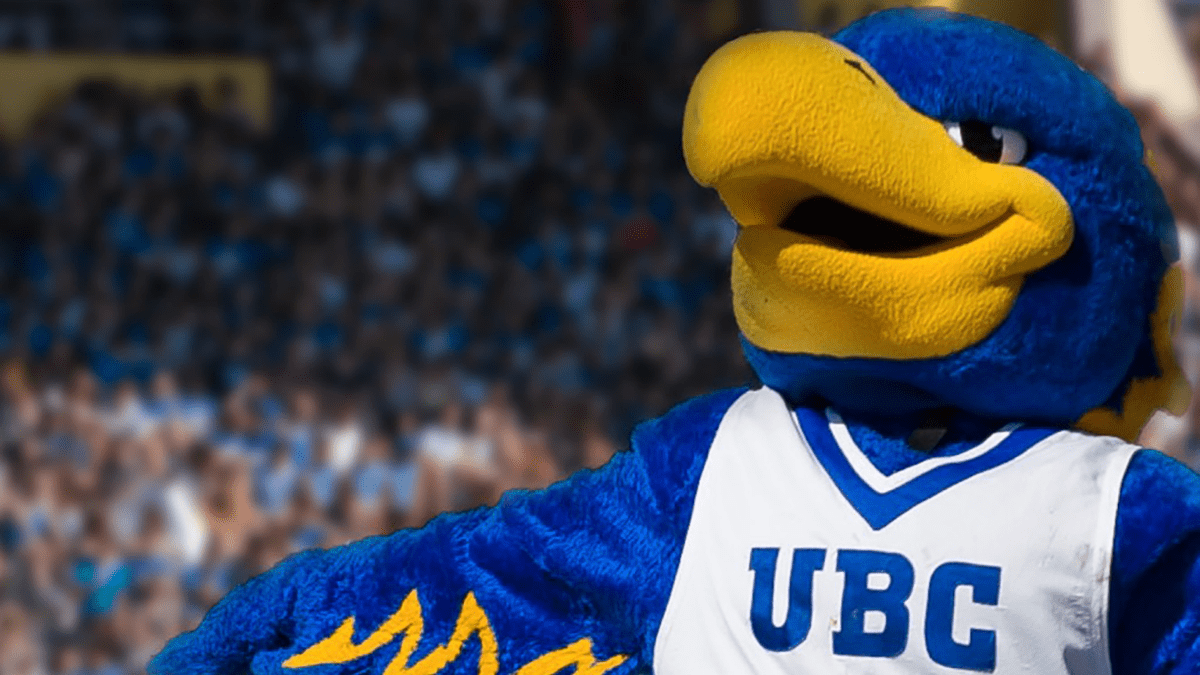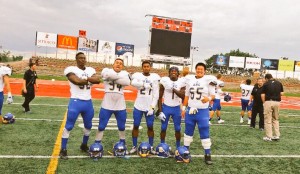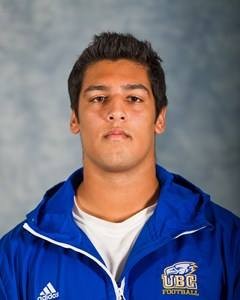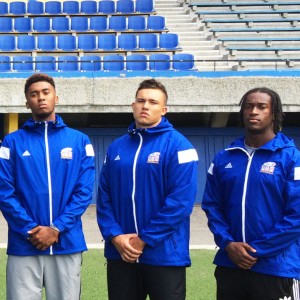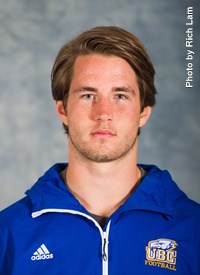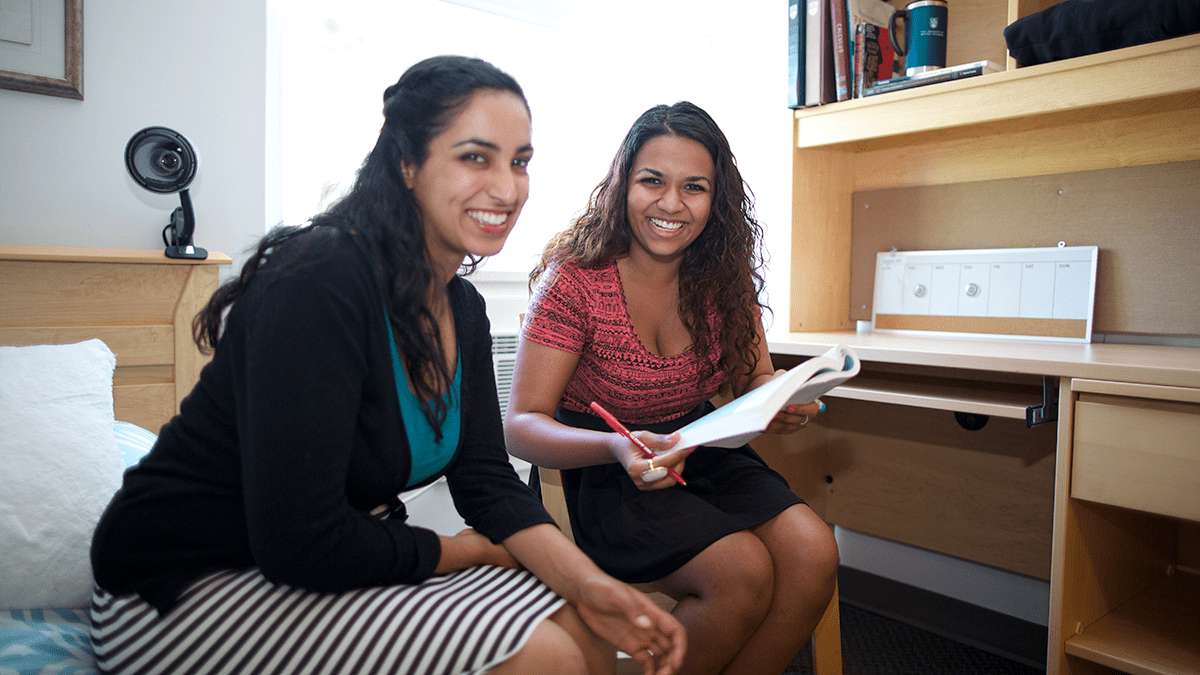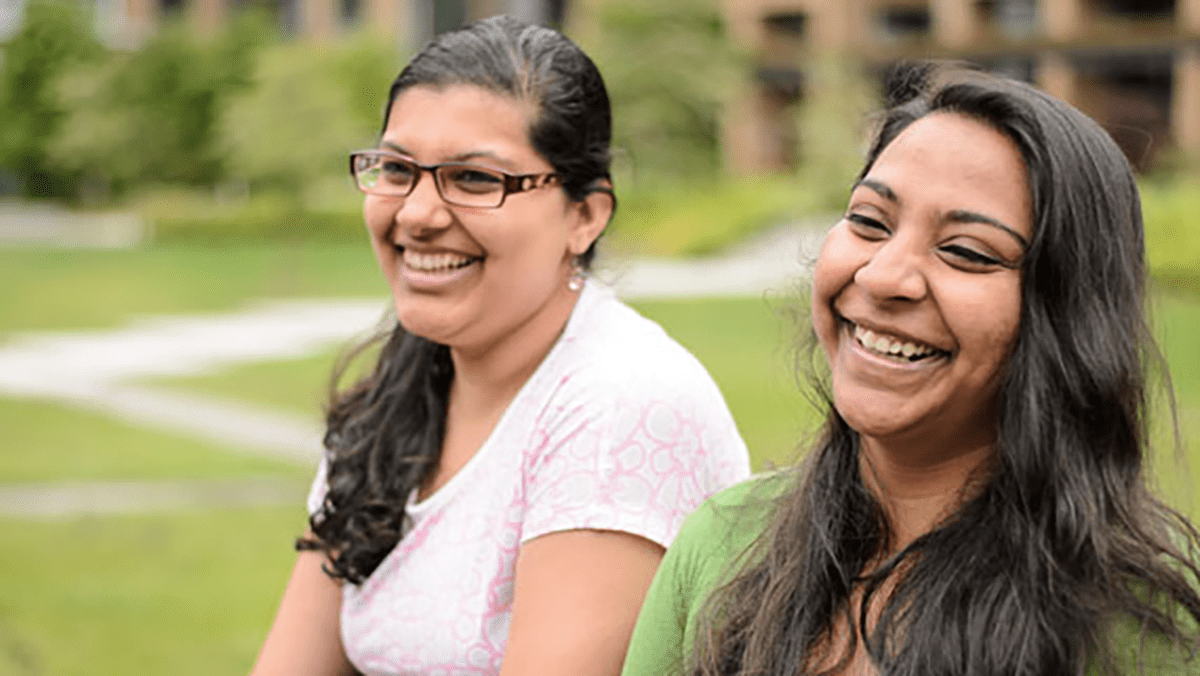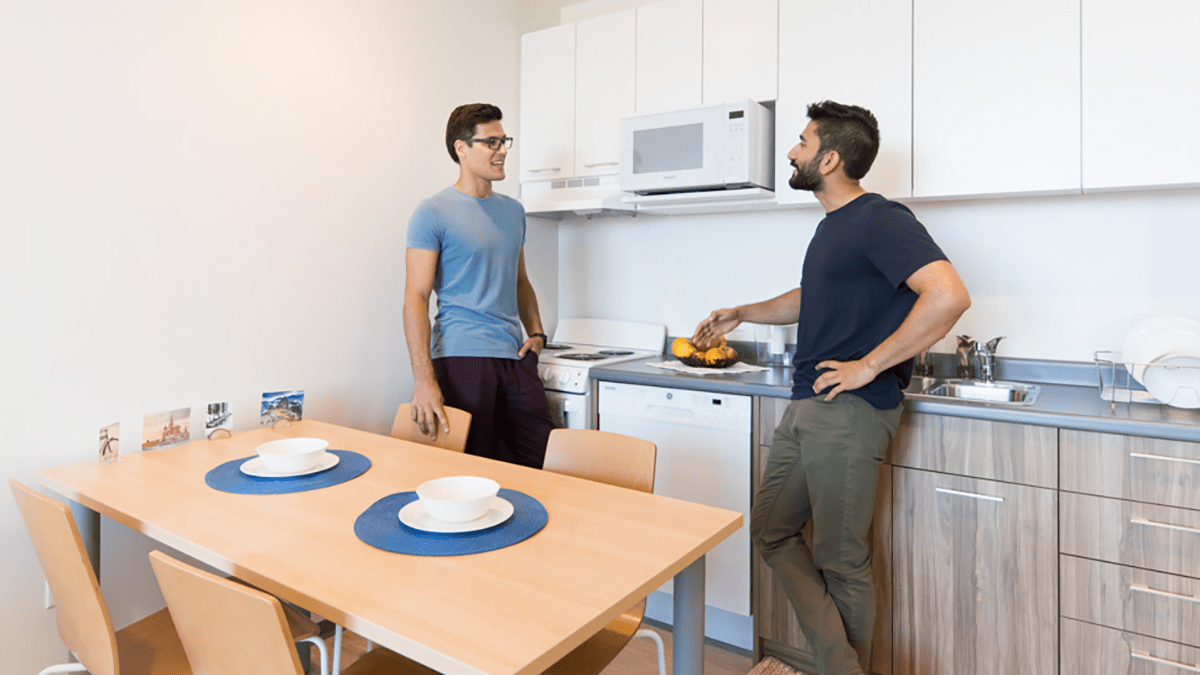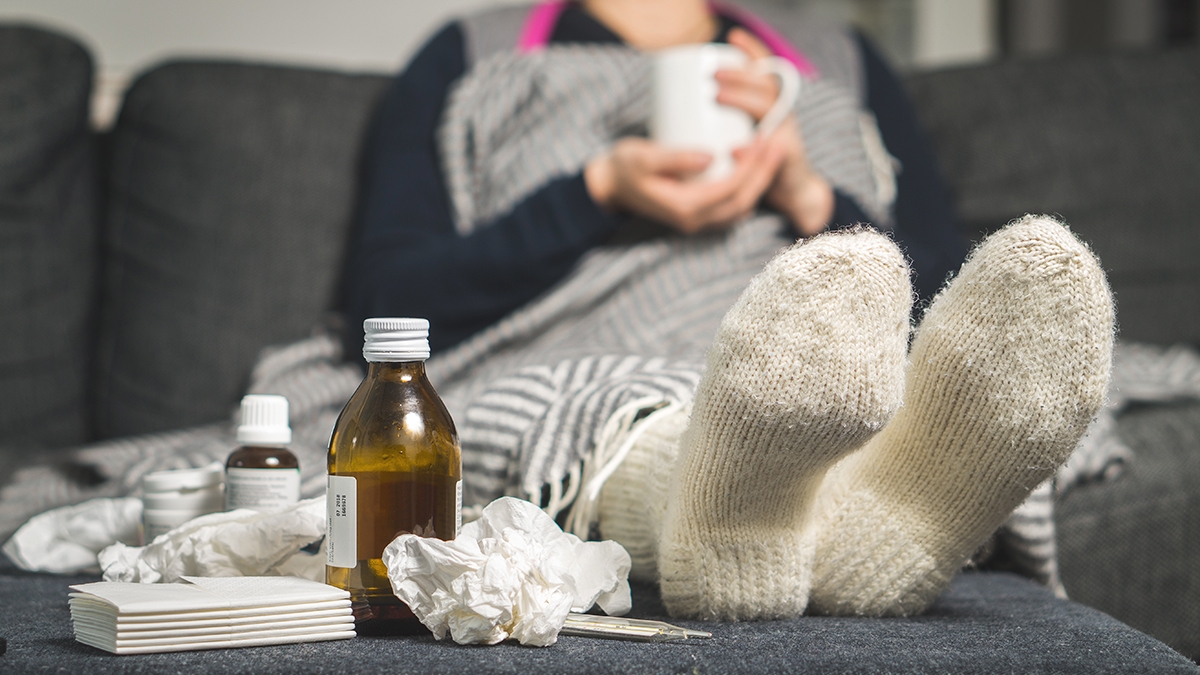Turns out, you don’t have to walk everywhere.
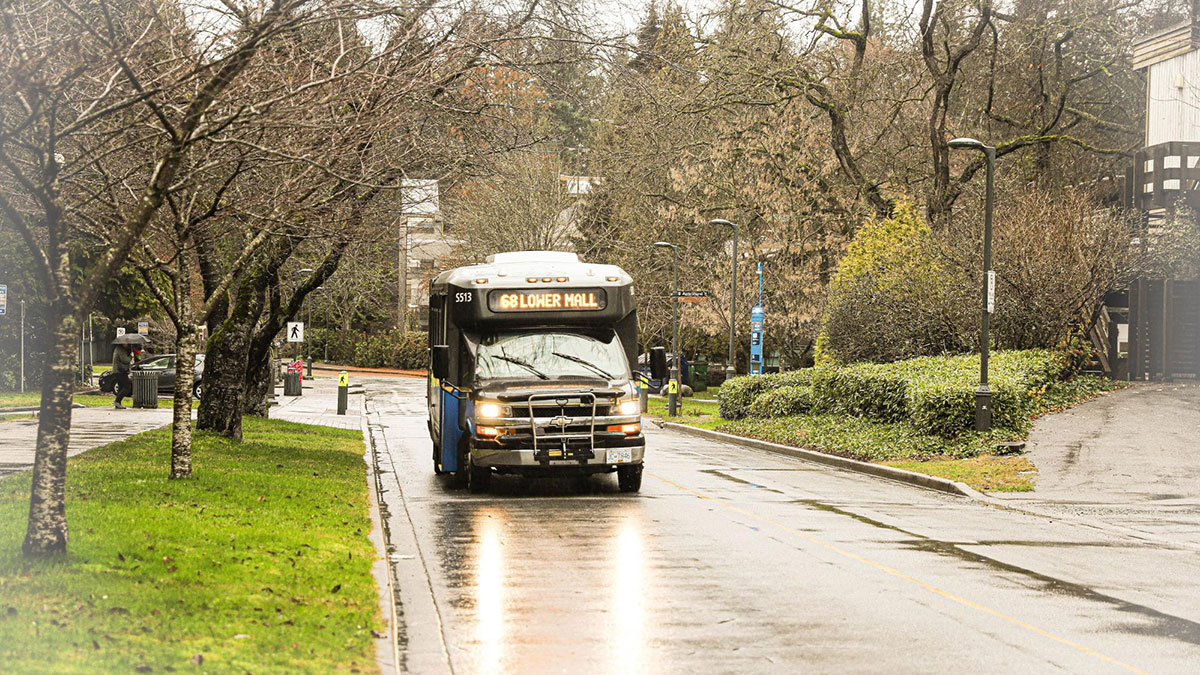
By Michaela Dunn, 3rd year Arts student
It’s a warm, windy day in early September. The air smells of hot pavement. I’m in first year, it’s my first week at UBC, and I’m in the middle of my first mission to stock up on snacks for my room. I hobble down East Mall for the fourth time, in flip-flops, a blue Student Housing lanyard dangling around my neck. I notice a blue and grey bus drive by.
Onlookers—mostly upper-year students—sneak perplexed (or sympathetic?) glances as they watch me stumble, my shoulders slumping with the weight of four over-filled Save-On-Foods’ grocery bags grasped in each hand. A second bus passes by.
Now, you may be wondering: how on earth did I find myself in this situation? Who in their right mind would lug heavy groceries for two kilometres, on foot, from Wesbrook Village to Totem Park Residence twice in two hours? Not to mention the return trips.
The funny thing is, I’m from Toronto, Ontario, where transit is very much a thing. The concept of buses was not foreign to me. First year me, however, was painfully unaware that transportation on campus existed—and it’s okay if you don’t know about it either!
Transit on campus
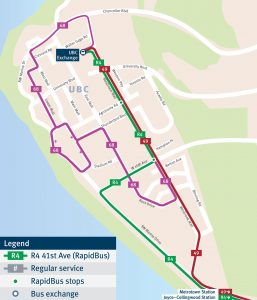
During my first year (after I figured out they existed…) I depended on the trusty 68 and 70 bus routes. These two powerhouses were the backbone of the transit system on campus. With the launch of Translink’s Rapidbus service in January 2020, and the R4 bus, the campus transit landscape got something of a refresh.
Let me bring you up to speed:
- The 70 is no more. 🚌😵
- The 68 has a longer route, running via the west side of campus between the UBC Bus Exchange and Wesbrook Village.
- For trips along Wesbrook Mall, take the 49—or the R4!
Now that those changes are out of the way, let’s get into what makes the 68 so helpful—nay, necessary—for taking care of business during your UBC years.
The 68
The 68 is a community shuttle bus that operates just like any other Translink bus. Simply tap your Compass Card (aka, your U-Pass) and enjoy the ride.
Take the 68 from Totem Park to that class at Buchanan. Take it for that early-morning swim at the Aquatic Centre. Heading for an adventure in Pacific Spirit Park, but want to save your energy for the actual run? The 68 will take you (most of the way) there too.
Where else does it go?
The 68 can also drop you off near ALL. THE. ATTRACTIONS. Suddenly, an excursion to the Museum of Anthropology (MOA) or the Botanical Garden doesn’t seem quite as daunting.
And, hey, if in January you don’t want to compromise your snazzy Friday night outfit with your rain boots, umbrella and parka, the 68 will embrace you in a warm hug, give you a pat on the back, and drop you off right near your campus destination.
Here are some other key places you can visit:
- Wesbrook Village
- UBC Farm
- The Point
- Koerner’s
- The Student Rec Centre/the ARC
- …and more!
How late does it run?
In case you find yourself studying on the other end of campus after dark, most nights the 68 runs every 20 minutes until between midnight and 1 am—just one of the ways to stay safe on campus after dark.
So remember, as long as you don’t forget to reload your U-Pass each month, the 68 is at your service—along with the 49 and the R4!
Accessibility Shuttle
If you have a temporary or permanent condition that affects your mobility, the 68 isn’t your only option for getting around. Cue the UBC Accessibility Shuttle, a free shared ride service, available by reservation, that can transport you to and from main pedestrian areas on campus.
What about cycling?

Yeah, I know, I said this post was about transit…but there’s another great option for getting around campus—besides your hoverboard. Check out UBC’s bike share program for those days where you’d rather cruise across campus and take a break from the usual 68 route. You can take your pick from HOPR bikes or Mobi bikes—including e-bikes!
Wayfinding
Whether you’re walking, rolling, or cycling around the Vancouver campus, UBC’s recently launched online mapping tool will help you identify the best and most accessible route to get from point A to point B!
The new wayfinding resource provides different navigation options, including finding a route based on accessibility requirements, and can identify barriers such as steep slopes, stairs, and doors that aren’t powered. If you’re cycling, the route can identify details such as ramps and the closest bike rack.
Getting Off-Campus
Now that you’re well-versed in transportation options on campus, you’re ready to leave the nest. Luckily, you can get almost anywhere via the UBC Bus Exchange. Some key routes include:
- The famous 99 B-line, which runs east-west on Broadway
- The 44, which will get you downtown or connect you to the SeaBus for a North Shore adventure
- The R4, which heads east on 41st Avenue and connects with the SkyTrain just a couple of stops away from Metrotown mall
All you have to do is tap your card, find a seat (if you can), and wait for the adventure to begin. Plan your journey online or, if you’re old-school, take a gander at the transit map. Check out this UBC Life blog post for a breakdown of bus routes, neighbourhoods and key destinations.
So when the day comes and you need to hit up Save-on-Foods for some supplies, get to the opposite end of campus without getting drenched, or go on a weekend excursion, don’t be first-week me. Save a little time (and frustration) by taking a ride on the 68 (or any one of UBC’s many transportation options). Your chariot awaits!
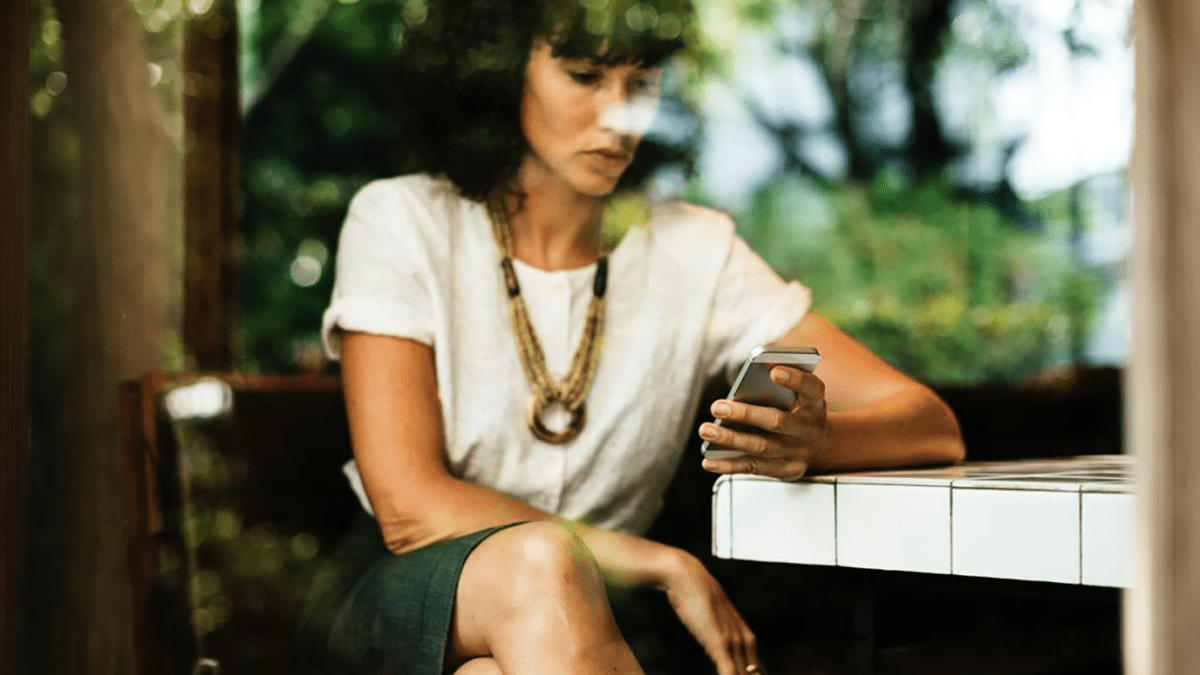
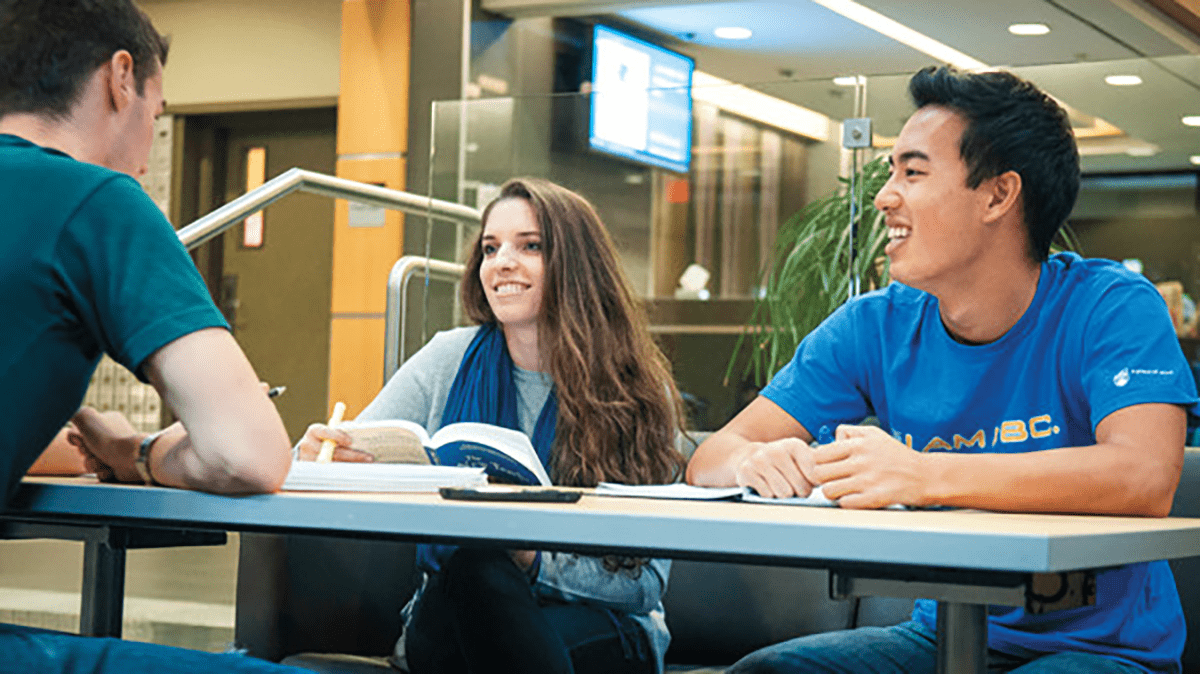
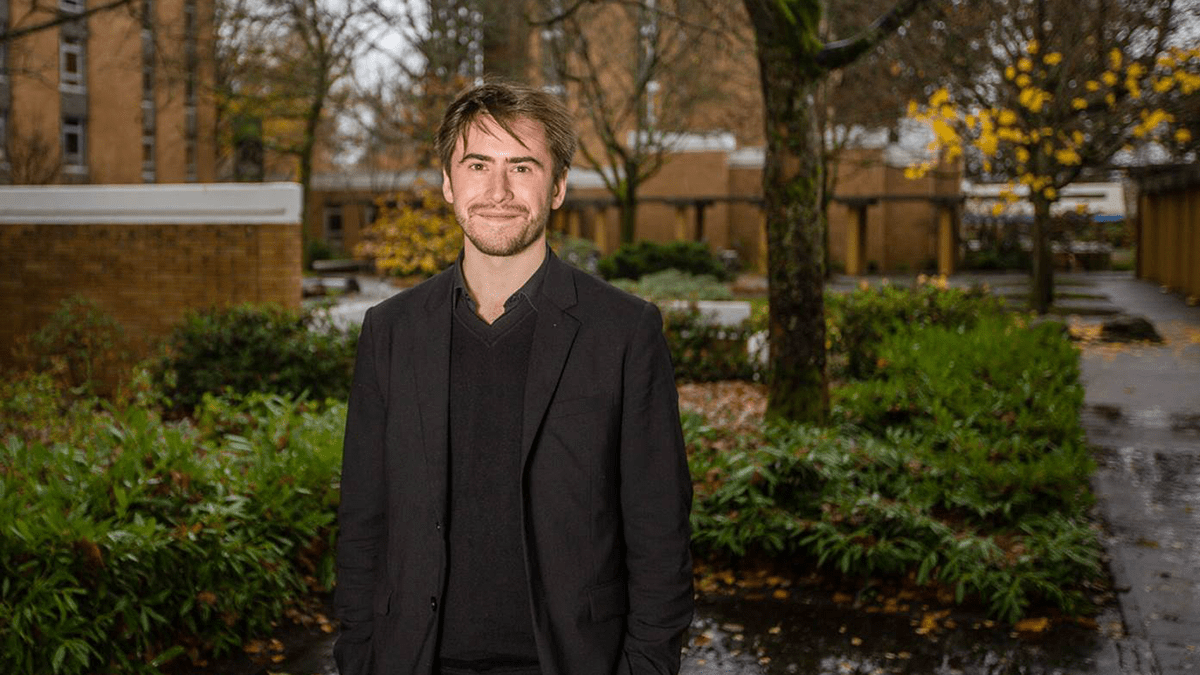
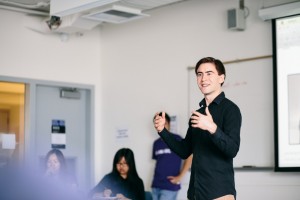 How has your experience been so far?
How has your experience been so far? 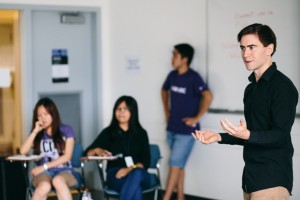 What were some of the activities you ran last year?
What were some of the activities you ran last year? 